“Academic accommodations are tools; they remove the barriers so that students can fully participate and demonstrate their knowledge,” said was Robin Hart Ruthenbeck, Assistant Dean of Students and Disability Services Coordinator at Macalester. Hart Ruthenbeck helps provide students with the resources and classroom accommodations they need to be successful students.
Accommodations at Macalester come in a variety of forms, and students generally obtain them in one of two ways. Some students who received accommodations in high school send in paperwork to Macalester before their first year, while others choose to test for possible academic needs once they arrive on campus. Whichever path a student takes, Ruthenbeck finds the right accommodations for each student.
Hart Ruthenbeck explained that there is not a generic accommodation that works for every student even if they have the same diagnosis. The type of accommodation a student may receive depends heavily on the type of class—whether it’s lecture-based or whether students are assessed by tests or papers.
Accommodations cannot change the fundamental learning goals of a course. For example, if a demonstrated ability to work in groups is a fundamental goal, a student may be able to receive accommodations that address other aspects of the coursework, but must be able to complete group work in some form because it is integral to the learning goal.
Hart Ruthenbeck shared other tools such as Kurzweil, a text to speech program. Kurzweil, useful for dyslexic or visually impaired students, among others, reads PDFs aloud.
Along with in-class services, resources like the Macalester Academic Excellence (MAX) Center provide students with necessary accommodations. The MAX Center facilitates tutoring and also provides quiet test-taking rooms. However, more important than the services it provides is the environment MAX Center coordinators try to create.
“We want accommodations to be comfortable where students don’t feel out of place,” Julie Lucking, Department Coordinator of the MAX Center, said.
Dave Ehren, the MAX Center director said, “They should be really accessible.” He agreed with Lucking that the last thing they want is a situation where students don’t feel like they should show up. MAX center staff strive to make accommodations as easy and direct as possible for the students and their professors.
Lucking also believed the environment is improving. In her thirteen years of providing students with academic support on campus, she has seen a drastic change in community views on accommodations. It seems that students don’t have the same fear of the stigma with the MAX Center, which was once a real concern for many.
More students are reaching out and utilizing resources on campus. The 2008-2009 academic year at Macalester saw 70 students receive academic accommodations of some kind, while in 2013-2014, that number grew to 138. Although this increase could simply be attributed to more students getting tested, either way accommodations at Macalester are expanding.
“In the beginning of my career, I would sporadically have students in my classes who required accommodations, but in the last five years or so, that number is increased. I’ll have maybe two or three students a year,” noted Galo Gonzalez, a professor in the Hispanic Studies department. Gonzalez has taught at Macalester since 1986 and has noticed extreme growth in accommodation programs in the past three decades as the number of students requesting accommodations has increased.
“Many of these students used to be associated with being hyper or disrespectful, but this is no longer the case,” Gonzalez explained. He added that because more students are being tested, accommodations have become normalized. Teachers are more aware of disabilities and can be sensitive to students accomodations. Gonzalez also noted that professors and the community as a whole are more informed about academic needs. For example, advisors and first-year course professors receive special training on how to assist students and encourage them to seek assistance if they will feel it will help them succeed in the classroom.
Although Macalester is becoming more open to academic accommodations, Ehren believes we still have a ways to go toward a community that is sensitive of academic needs.
“There are people who don’t use, don’t know and haven’t known people who use accommodations,” Ehren explained.
Kate Gallagher ’16 wrote over email, “I still think we have a long way to go in terms of making the Macalester experience an equitable experience for students with disabilities.” However, as a recipient of accommodations herself, Gallagher believes that despite some shortcomings, Macalester has excellent resources. She has found faculty to be understanding and has oftentimes been able to arrange accommodations with her professors without involving the Disability Office.
Currently, there is a lot of discussion at Macalester on how to better inform and accommodate students. Last Tuesday, Macalester community members gathered in Weyerhaeuser Chapel for a panel and discussion on mental health.
Panel member and psychology professor Joan Ostrove explained the importance of reducing mental health stigma and hoped to open up conversations. She added that we need to address issues on the individual level, but also on the societal level. She believes that for these matters to be resolved the structure of society needs reexamination.
Professor Jean Franzino, assistant visiting professor, teaches English with an emphasis on disability studies. She wrote over email that if a student has dyslexia and needs extra time on an exam, for example, they are “disabled” not by their mind, but by their interaction with inflexible testing policies. Hart Ruthenbeck employed this analogy to explain accommodations: you would never tell someone with glasses that they could see fine if they just looked harder.

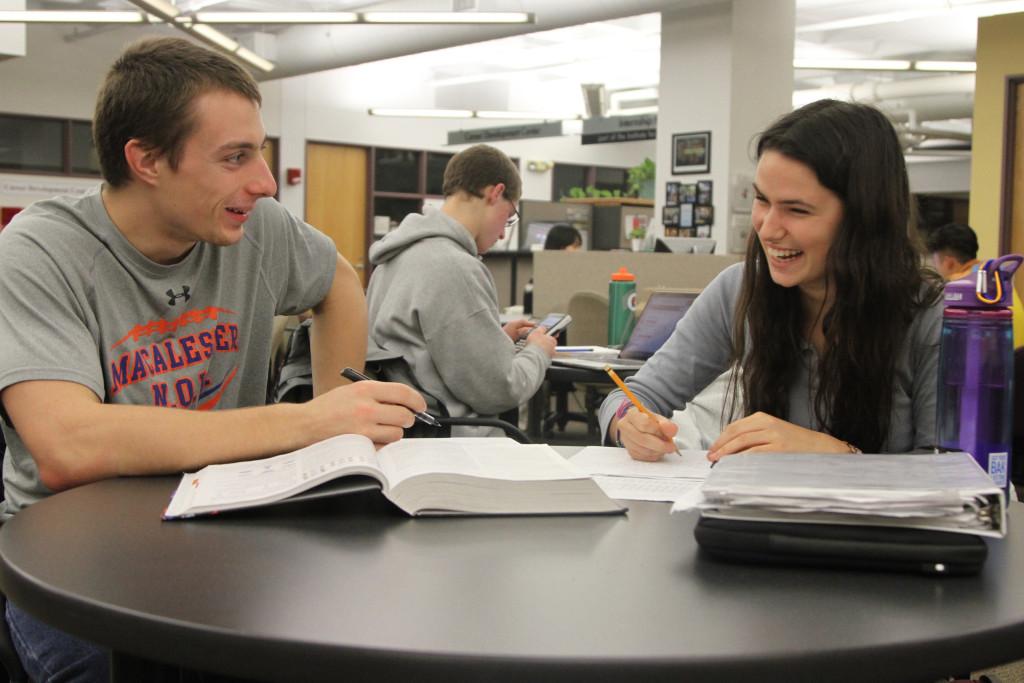
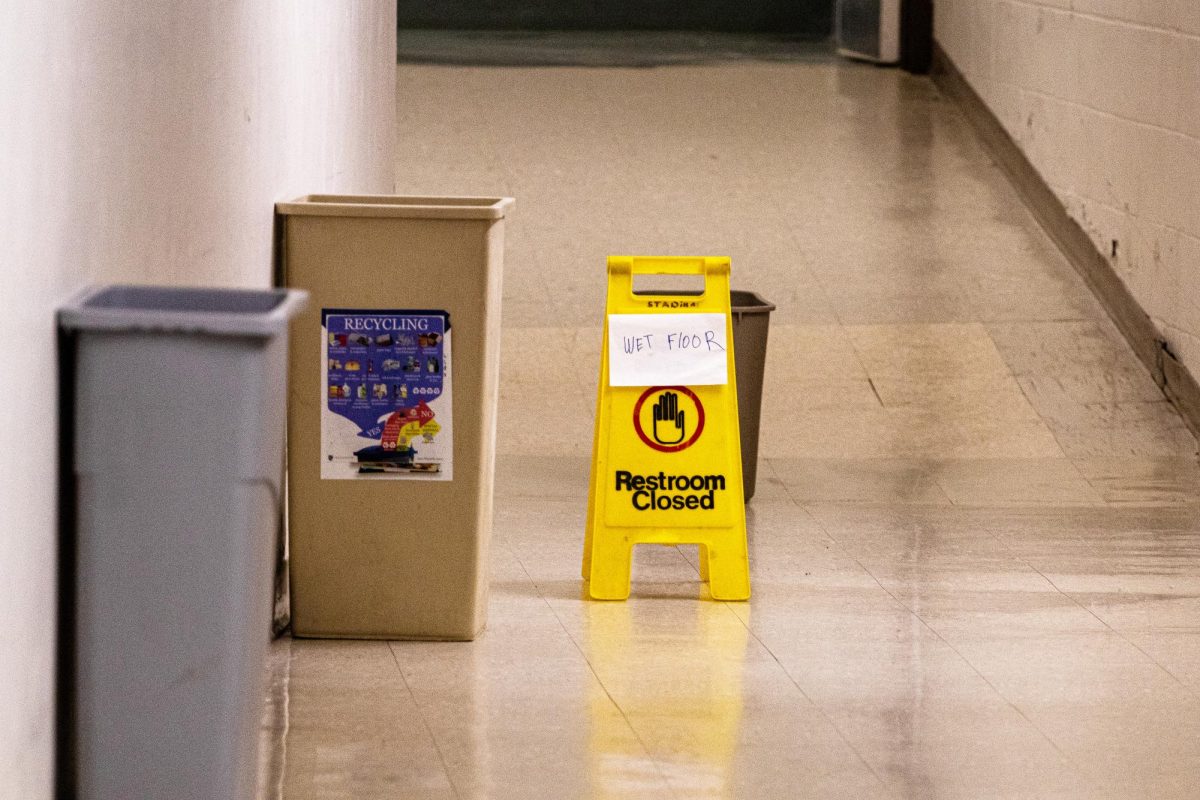
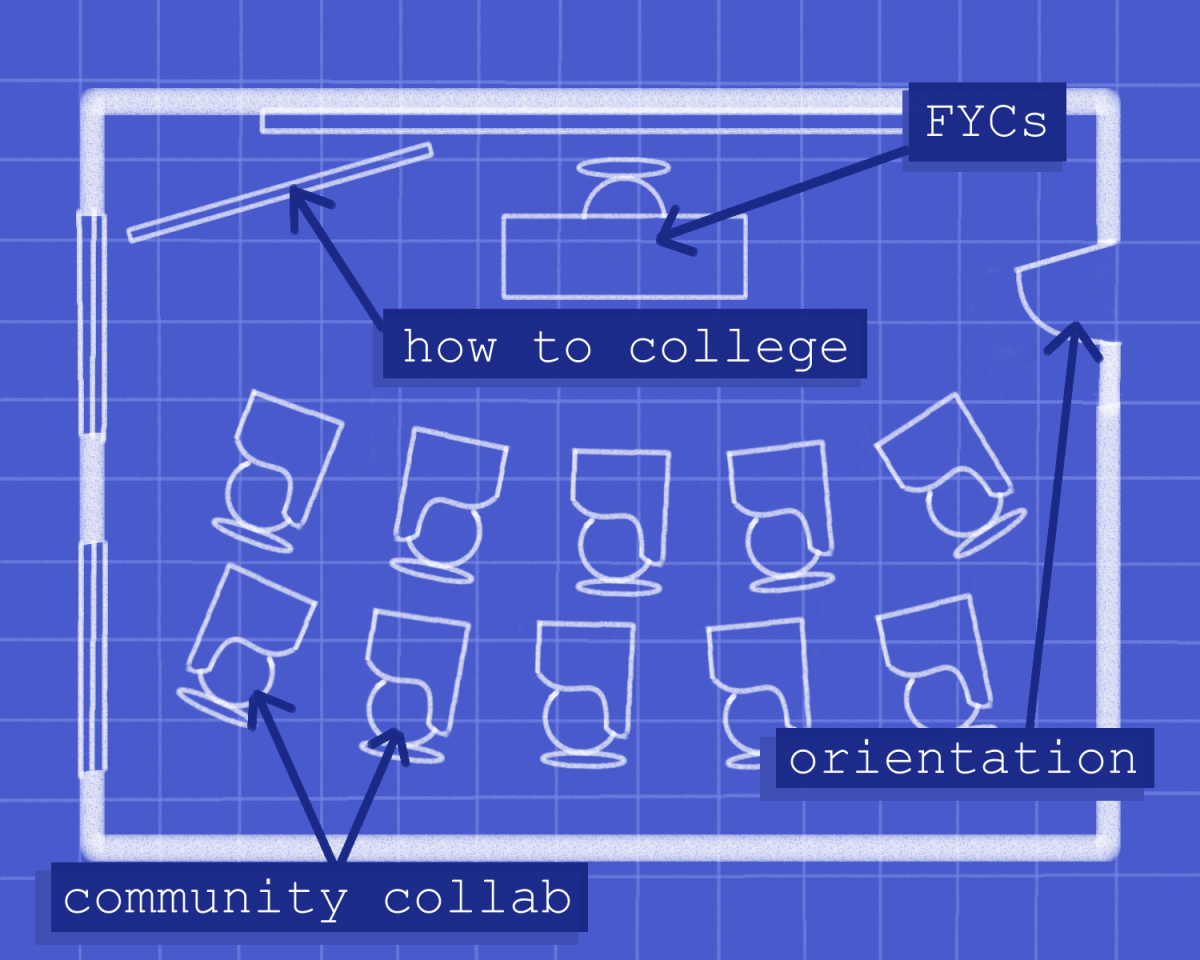
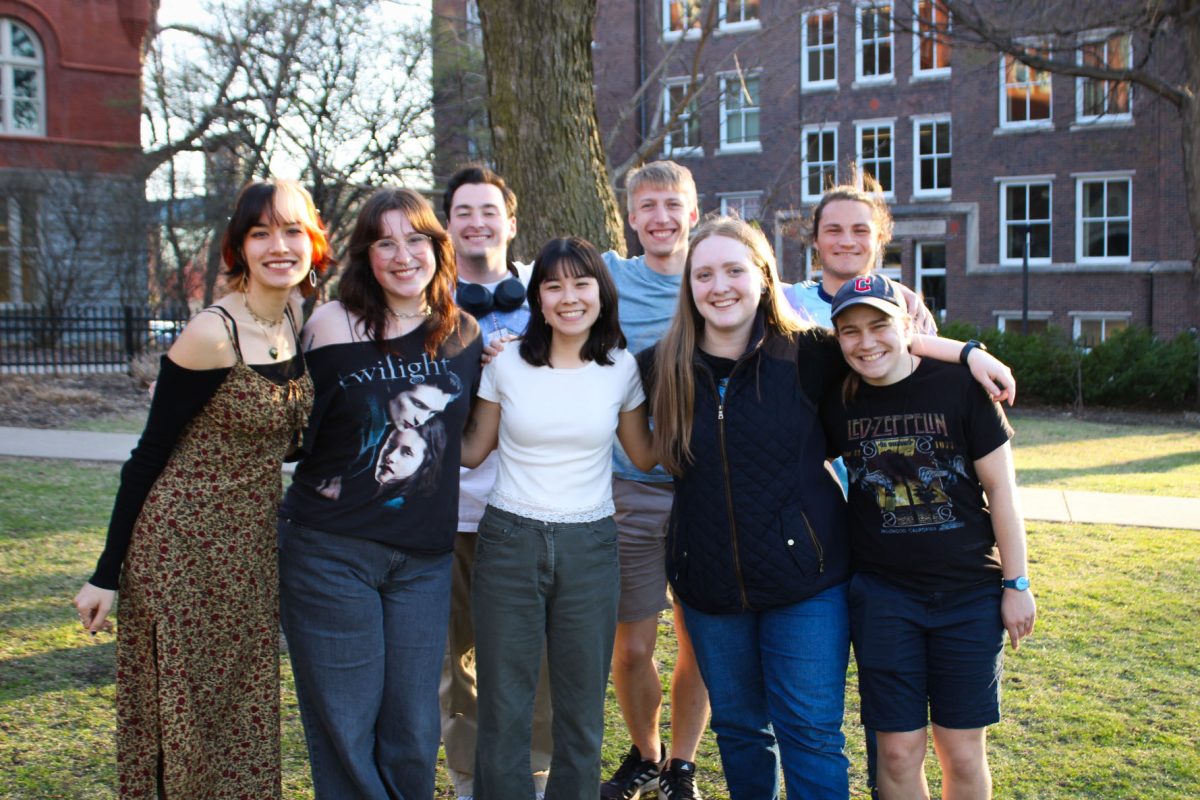
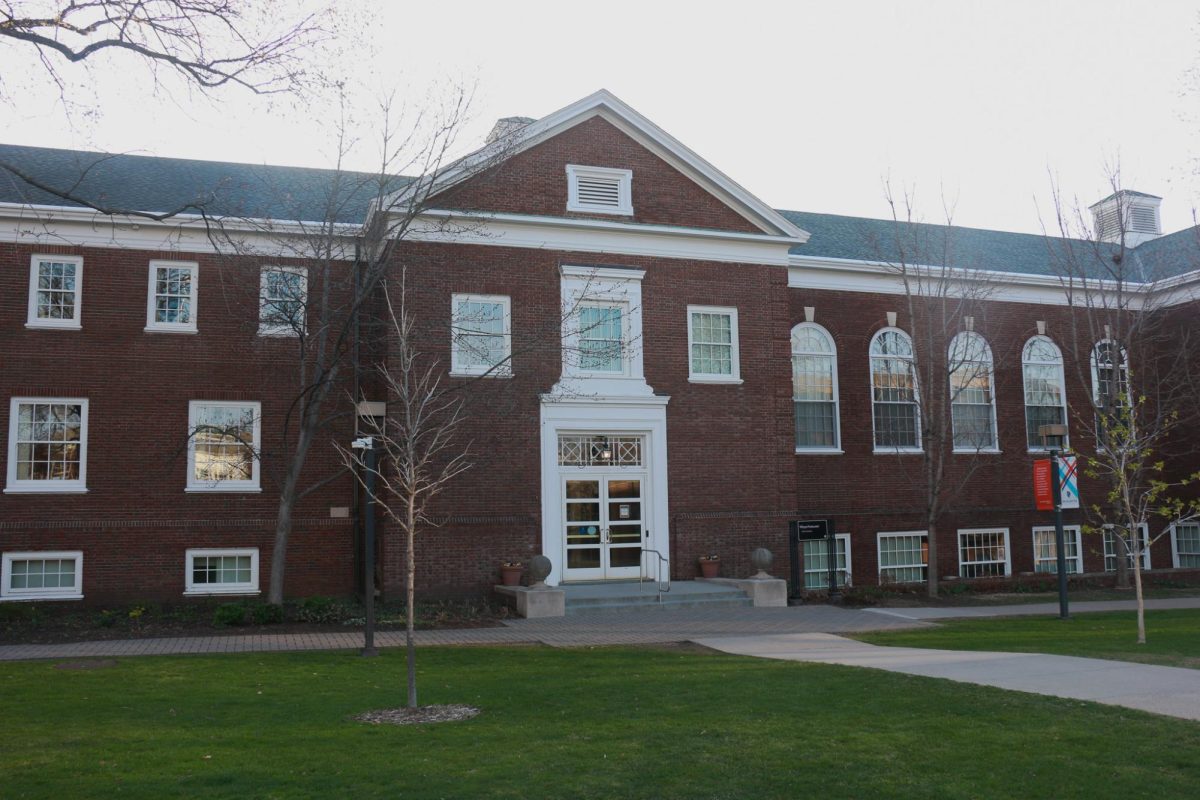


Joanne Howard • Sep 6, 2019 at 2:20 pm
I’ve been browsing online more than 3 hours today, yet I never found any interesting article like yours. It is pretty worth enough for me. Personally, if all webmasters and bloggers made good content as you did, the web will be much more useful than ever before.
Sky Zone Coupons • Jul 29, 2019 at 6:38 pm
Functions anyone obtained any genuine success from HARO? It simply seems that most of the reporters attached to the organization are from the united states which terribly lack much objectives from other nations particularly in South Asia. Brian, is it possible to direct me personally to any full situation studies? Thanks.
Odis Marcone • Jul 23, 2019 at 12:56 am
Mass parsite http://bit.ly/2W9CVkn